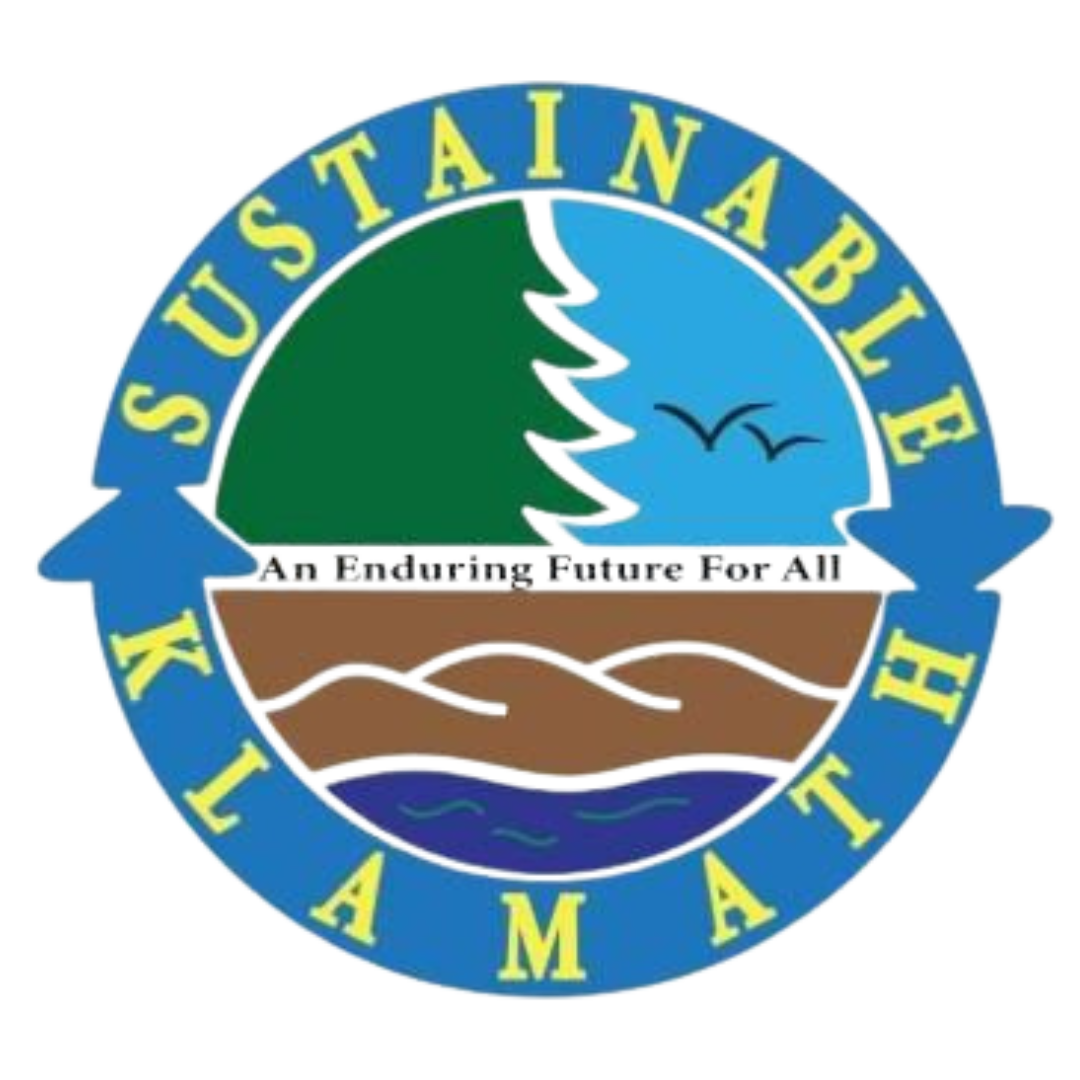by Alissa Oliverson (SWAC Chair), April 2022
Trash Talk Series from Sustainable Klamath, Solid Waste Action Committee (SWAC)
Focusing on recycling, eliminating plastic straws, and introducing electric cars is not enough to solve our climate crisis. We need a comprehensive plan to stop contributing new greenhouse gasses to the atmosphere and reverse the legacy load of carbon we’ve already made. Enter: Project Drawdown.
Last Friday, Sustainable Klamath hosted our yearly Earth Day event at the Ross Ragland Cultural Center. We had groups on site sharing information about various local sustainability issues and we showed the documentary film Kiss the Ground, which presents extremely valuable information on regenerative agriculture and its integral role in reversing climate change worldwide.
Regenerative agriculture describes farming and grazing practices that are in harmony with nature, such as no-till farming and closely managing the location and duration of animals’ foraging. Regenerative agriculture places its focus on the health of the soil, much of which has been stripped of its natural carbon sequestration ability and microbial diversity by the use of toxic pesticides, monocropping, over-grazing, and destructive tilling. This topic is especially relevant in the Klamath Basin, and though it is extremely important that we employ regenerative agricultural practices before we completely destroy the soil and lose the ability to grow food within the next 60 years, it is only one of many valid tactics we can use worldwide to reverse climate change and ensure that human beings stay off the endangered and extinct species list.
It can be overwhelming to think about the many problems that need solving when it comes to climate change. But thanks to the hard work of the people at Project Drawdown, we have a comprehensive roadmap that will lead us back to climate health by mid-century. And believe this: cities, universities, corporations, philanthropies, policymakers, communities, educators, and more are already implementing some of these imperative solutions.
Project Drawdown is a non-profit organization that was founded in 2014 which “seeks to help the world reach ‘drawdown’ – the future point in time when levels of greenhouse gases in the atmosphere stop climbing and start to steadily decline.” They are responsible for creating the 2017 New York Times bestseller Drawdown, which lays out their meticulous and ongoing research and top 100 scalable solutions that we can use worldwide in our current circumstances, with the technology we have right now. Some of the effective tactics Project Drawdown has identified include regenerative agriculture, education of girls/women, adopting plant-rich diets, refrigerant management, reducing food waste, restoring tropical forests, alternative cement, and abandoned farmland restoration – and the list is ever-growing.
According to the Food and Agriculture Organization of the United Nations, if we continue with our current soil management practices and don’t make fundamental changes, the world may have only 60 harvests left. But if we take bold action now, we can rejuvenate our soil, which will help to ensure global food security, reduce erosion, improve nutrient cycling, provide vital microbial habitats, and pull billions of tons of carbon out of our atmosphere.
Last Friday, attendees of Sustainable Klamath’s Earth Day event were introduced to regenerative agriculture in the documentary Kiss the Ground, which also highlights the work of Project Drawdown. Both sources present vital information on how we as individuals and global citizens can work toward and attain a future in which we and our planet thrive.
Remediating our soil and healing our planet by employing hundreds of other tactics doesn’t have to be an impossible task. The research has been done, it is available, and we are capable. All we have to do now is roll up our sleeves and get to work.
You can find the documentary Kiss the Ground on Netflix, or at the Klamath Library – where Sustainable Klamath and Kiss the Ground Foundation have provided a DVD that will remain available for rent. Community organizers, teachers, schools, and homeschoolers can also access the documentary for free on the website at: www.KissTheGroundMovie.com/for-schools/
You can learn more about Project Drawdown, interact with their Table of Solutions, and download your free copy of The Drawdown Review at: www.Drawdown.org.
If you would like to find more information on local sustainability, volunteer or donate, please visit SustainableKlamath.org.

Leave a Reply